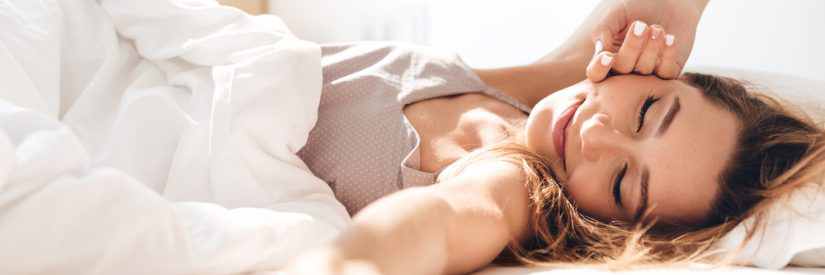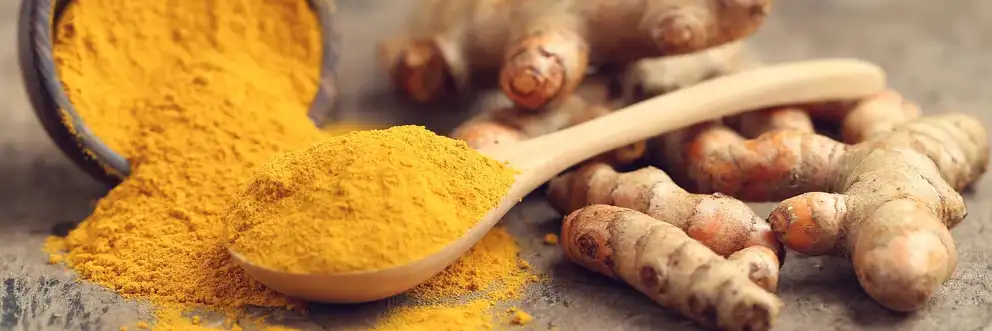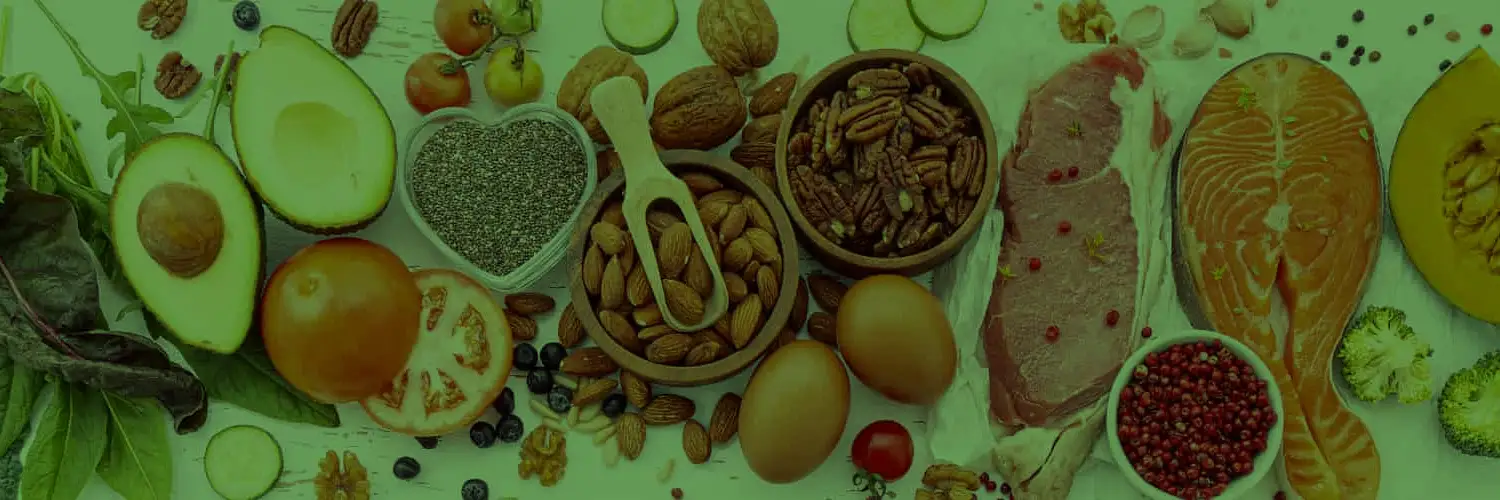What is the gut sleep connection?
Sleep is fundamental to your health, yet it is often overlooked. More than 60% of the population in developed nations sleep less than the recommended eight hours a night.
How does a lack of sleep impact your health?
The food you eat, your emotions, how you respond to stress, how much you exercise and sleep have an impact on your health. Sleeping less than six or seven hours will have a negative effect on your immune system and it can more than double the risk of developing cancer. Poor sleeping habits are a key determinant in whether you will develop Alzheimer’s or not. Insufficient sleep can play havoc with your blood sugar levels and cause you to overeat. Sleep deprivation increases the hormone ghrelin, which makes you feel hungry and switches off the hormone leptin, which tells you that you are full. That is why a lack of sleep can be linked to weight gain.
Around 80% of your immune system resides in your gut and 90% of your body’s feel good hormone serotonin is produced in your gut. If your gut isn’t working well, it will affect other body systems, including your brain. Sleep allows your brain to ‘clean house’, to ‘digest’ what you have learnt during the day. Without sleep you are unlikely to make logical and rational decisions.

How important is your gut microbiome?
The gut microbiome is made up of two to four kilograms of microorganisms, which live in harmony with you. Your microbiome can be viewed as your gut garden. You want more flowers (good bugs) than weeds (pathogenic bugs). The good bacteria help with digestion and the absorption of nutrients. They also regulate mood, energy levels and your weight. You have your own unique bacterial footprint, which is influenced by your genes, your birthing delivery and how you were fed as a baby. Stress, a poor diet, alcohol consumption, medications or insufficient sleep can also impact the health of your gut garden. Dysbiosis occurs when your system becomes imbalanced, and you have more weeds than flowers.
How does sleep affect your gut microbiome?
The quantity and quality of your sleep affects the health of the bacteria living in your gut garden. When in balance, your bacteria will release sleep-promoting chemicals and signal your immune system to switch to repair mode while you are sleeping. Research has shown that those that have consistent sleep patterns have a greater diversity of bacteria than those that have disrupted sleep. Shift workers and those that are sleep deprived and as a result have a tendency towards irritable bowel syndrome (IBS).
How does stress impact your gut microbiome?
Stress is not all bad. The problem arises when stress becomes chronic, and you function in the sympathetic mode of fright, flight or freeze all the time. Chronic stress disrupts the balance of your gut garden, which in turn has a negative impact on your immune system and promotes inflammation.
It can become a vicious cycle when stress becomes a daily companion. When stressed, your body will perceive that you are in danger and will divert energy away from systems like digestion, since they are not critical to immediate survival. Modern stressors are rarely life threatening but they can be frequent and persistent. Your microbiome will be changed because of stress hormones and inflammation, leading to a shift from supportive bacteria to pathogenic bacteria. You may develop symptoms of diarrhoea or constipation, fatigue, food and chemical sensitivities, infections and more. Stress leads to a cycle of poor sleep, dysbiosis and foggy thinking.
How do you break the cycle?
First and foremost, identify your stressors. What can you change? Do you need to change your mindset around a situation or person? What tools can be helpful to reduce the impact of these stressors on your physical and emotional health. Is stress or poor sleep hygiene causing your sleep disturbances? Are you taking medications that may be contributing to poor sleep? Is your diet as stellar as you think? Are you exercising enough? What is your relationship with caffeine and alcohol?
Tips on how to improve your sleep and reduce stress?
- Choose unprocessed plants foods that contain fibre, which your microbiome will thrive on (garlic, jerusalem artichokes, onions, dandelion greens, asparagus, oats, apples, bananas, leeks, chicory root and fermented products such as kefir, sauerkraut, miso, kimchi or tempeh). Whole grains, legumes, nuts and seeds are great additions to the diet too.
- Don’t eat or snack before bed, since this makes your body focus on digesting, rather than rest and repair.
- Avoid caffeine after 10 am since it can be active for several hours, which can disrupt sleep and your circadian clock.
- Avoid alcohol within three hours of sleep.
- Studies have shown that exercising in the afternoon before 6pm has a positive effect on sleep but not in the evening before bed.
- Avoid bright lights a couple of hours before bed, particularly blue sources like computers, TV and your phone. This can suppress melatonin, which is your sleep hormone. Limit these devices in your bedroom. This is your getaway haven. Make it comfortable and inviting for sleep.
- Temperature plays a role in your sleep/wake cycle. When temperatures drop at night, it helps to prepare you for sleep. Since we manipulate our ambient temperature, this stimulus is lost. A hot bath will drop your core temperature and sleeping in a cool room may help to improve sleep.
- When possible, have a sleep routine. Wake up and go to bed at the same time every day, including weekends.
- Avoid napping in the afternoon or evening. If you do have a nap, keep it under 45 minutes if you can.
- Try and have a routine around exercise, eating, working, watching television to keep your body clock in sync.
- Check with your pharmacist if any of your medications could be affecting your sleep. Do not stop them without discussion with your doctor.
- Learn about mindful meditation.
- Consider yoga, Qi gong or Tai chi for relaxation.
- Consider Reiki, massage or acupuncture to promote relaxation and healing.
- Magnesium has a calming effect on the nervous system and can help you to relax and fall asleep.
- Take a bath before bed to help relax muscles and reduce tension. Add 1 to 2 cups of Epsom salts (magnesium sulphate is absorbed through the skin and is very relaxing), 1/2 to 1 cup baking soda (sodium bicarbonate is alkalising to a stressed acidic body) and 10 drops of lavender oil to lower cortisol (stress hormone) levels.
Managing stress and getting enough sleep will allow your gut garden to thrive, which in turn will support your immune system, balance your hormones, improve your energy and lower the risk of unwanted health conditions and being overweight.
References:
Almand A.T. (2022) The Influence of Perceived Stress on the Human Microbiome. Available
from https://bmcresnotes.biomedcentral.com/articles/10.1186/s13104-022-06066-4
Benedict C. et al. (2016) Gut microbiota and glucometabolic alterations in response to recurrent
partial sleep deprivation in normal-weight young individuals. Available from https://www.ncbi.nlm.nih.gov/pmc/articles/PMC5123208/
Foster J.A. Rinaman L. & Cryan J.F. (2017) Stress & the Gut-brain Axis: Regulation
by the Microbiome. Available from https://www.sciencedirect.com/science/article/pii/S2352289516300509
Gallard L. (2014) The Gut Microbiome and the Brain. Available from https://www.ncbi.nlm.nih.gov/pmc/articles/PMC4259177/
Holford, P. (2017). Improve Your Digestion. Great Britain: Piatkus
Madison A. & Kiecolt-Glaser J.K. (2019) Stress, Depression, Diet and the Gut
Microbiome: Human-bacteria Interactions at the Core of Psychoneuroimmunology
and Nutrition. Available from https://www.ncbi.nlm.nih.gov/pmc/articles/PMC7213601/
Microbiome Foundation (2021) Stress and microbiota. Available from
https://microbiome-foundation.org/stress-and-microbiota/?lang=en
Neroni B. et al. (2021) Relationship between sleep disorders and gut dysbiosis: what affects
what? Available from https://www.sciencedirect.com/science/article/pii/S1389945721004354
Ursell L.K. Metcalf J. Parfrey L.W. & Knight B. (n.d.) Defining the Human Microbiome.
Available from https://www.ncbi.nlm.nih.gov/pmc/articles/PMC3426293/
Walker M.(2017) Why We Sleep. Great Britain: Penguin Random House
Nurture your Gut to Improve your Sleep (n.d.). Available from https://embracingnutrition.co.uk/gut-health-and-sleep/#
Weaver L (2011) Rushing Woman’s Syndrome. Little Green Frog Publishing Ltd
Zhang Y. Li S. Gan R. Zhou, T. Xu D. & Li H. (2015). Impacts of Gut Bacteria on Human
Health and Diseases. Available from https://www.ncbi.nlm.nih.gov/pmc/articles/PMC4425030/pdf/ijms-16-07493.pdf






